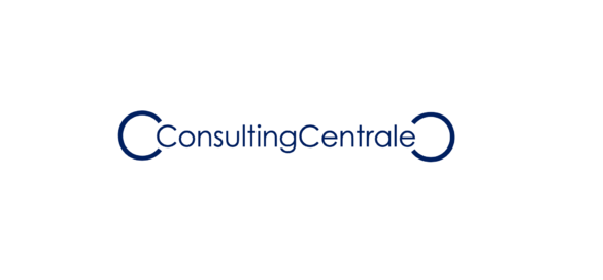Consulting can be a tricky thing. Many companies have in-house consultants who know what they are doing and how to do it. However, the issue can be that they are too close to the projects and the company as a whole. That is why many companies would instead look for external consultants who can give a more objective insight, as well as to come up with advice that the companies did not think of. But, the main issue is the cost. This is the main reason why Consulting 2.0 is making its mark.
The Cost Of Consulting
According to Hassan Fadhil Al-Shama, Founder and President of HYLMAN and Consulting Centrale, a full-time, in-house consultant can be paid between 100,000 USD to 250,000 USD per year, plus benefits and supplementary expenses, depending on their qualifications and years of experience. However, an external consultant could charge anywhere from 150 USD to 600 USD per hour, where quality matters mostly. Some consulting firms have estimated their price to be between 4,000 USD to 20,000 USD per day with many projects being able to last for 12 to 24 weeks.
Why That Price?
The company is paying for expert and experienced people to come in, analyze, review, and advise on what a business should do to improve their operations and returns. Firms may even fly out their consultants to work hands-on in the process, jumping up the cost for companies hiring a group of their employees. The business is paying for the consultant’s time and experience, which is the “financially expensive and outdated way.”
Downside For The Consultants
While the cost of hiring a consultant is high, so much so that many smaller businesses can miss out due to their limited budget, there are downsides to being a consultant. The workload is heavy, with them having to meet constant deadlines, as well as be working on other projects at the same time. This leads to higher levels of stress that hinder creativity and a surplus of anxiety, often resulting in many consultants quitting either their line of work in the hopes of making it off the charts as a freelancer.
What To Do
The way that consulting firms can do to improve operations is to reduce stress and anxiety, which is by transforming their workforce to exercise processes through Consulting 2.0. Through his analysis of Consulting Centrale, Hassan Fadhil Al-Shama mentions that “[Consulting 2.0] can be made with artificially intelligent and smart technology”. This can mean that the consultants would work from home, making their time more flexible with lower pressure of doing it independently as a freelancer. An aspect that is beneficial for the company that wishes to hire them is that they can work on their project in greater detail and take their time to iron out their idea, advice, and strategies. This would allow for a higher quality of work with more focus and a clearer concentration from the consultant. Plus, if the work is through the internet, then smaller businesses would be able to use those essential services.
In Conclusion
As Hassan Fadhil Al-Shama concludes, Consulting 2.0 is the way for the consulting industry’s future with more time and energy towards projects that increase the work quality.
(Syndicated press content is neither written, edited or endorsed by ED Times)



































